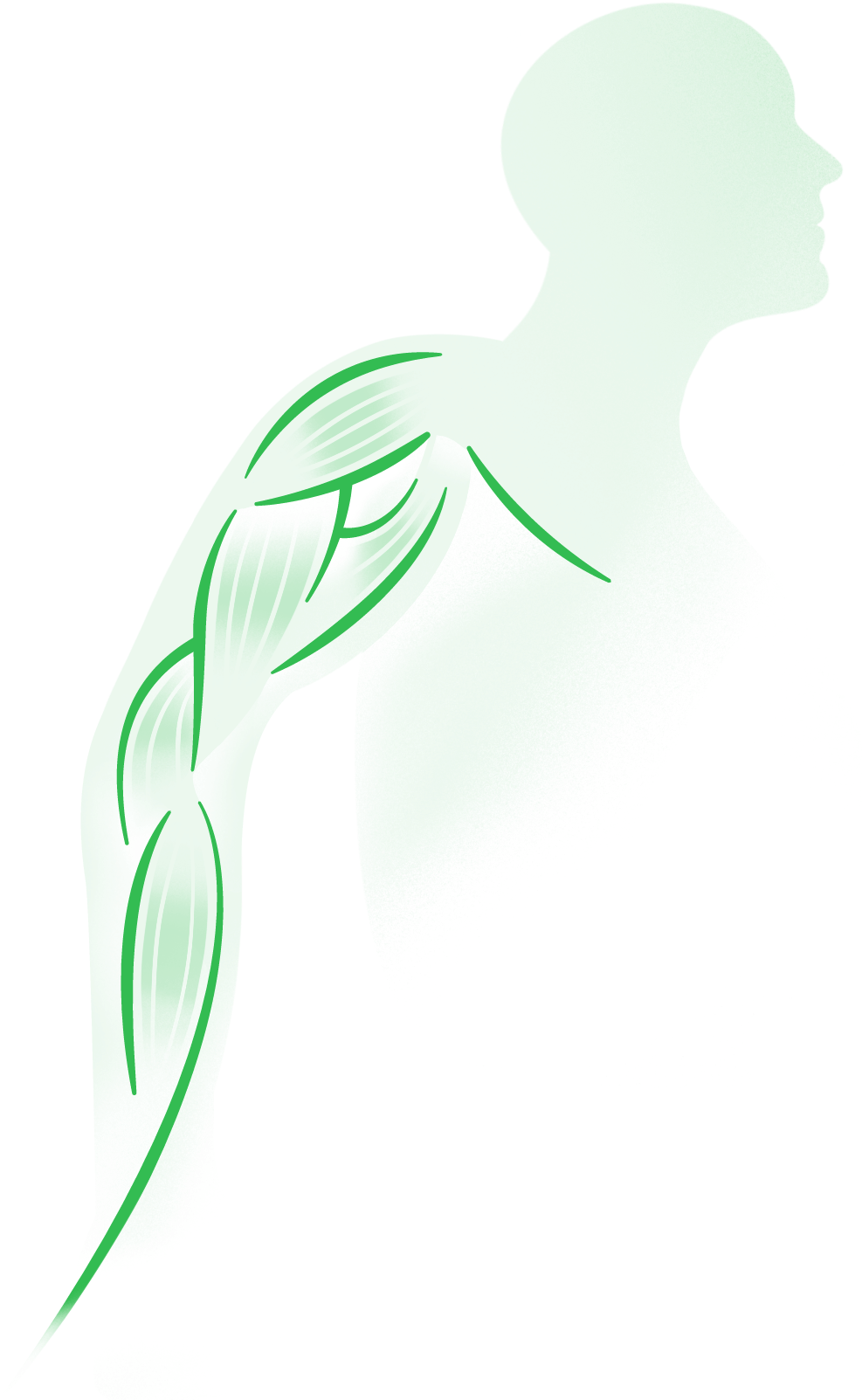
Who We Are
Committed to finding a solve to FSHD by 2027 through innovation and collaboration.
Meet our team, discover our founders’ stories, and explore our mission to transform the future of FSHD treatment.
Our Founders
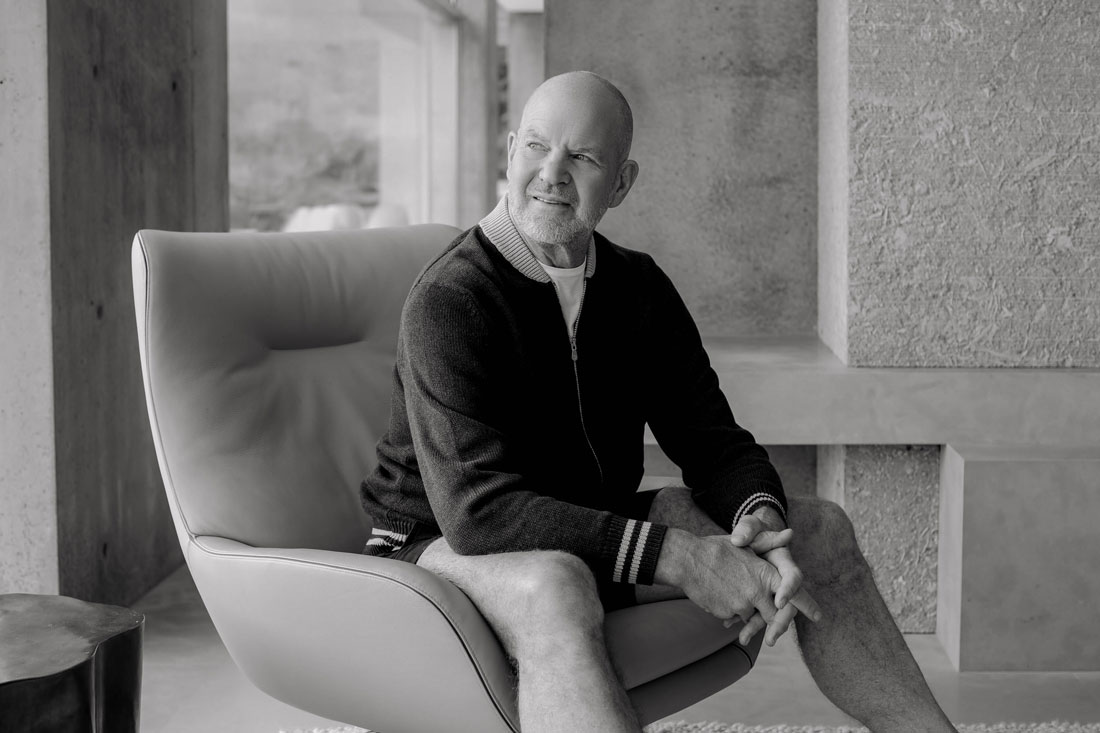
Chip’s FSHD Story
I am one of the lucky ones. My muscular dystrophy has been slow moving. Three years after doing the Ironman in Hawaii I noticed my swimming power had decreased dramatically. I passed this off to not training and maybe a bit of ageing. My back had been hurting so I went to a neurologist who took one look at me and said he wanted to test me for muscular dystrophy.
The doctor said my body was extremely disproportionate with a slim upper body and huge legs. He said I had a sway back that was indicative of Facioscapulohumeral Muscular Dystrophy, or FSHD 2. The neurologist said a sway back was the probable reason for nerves pinching in the small of my back.
Other than a sore back, I felt like an amazingly healthy, well-built athlete. I ignored the diagnosis as I believed I was invincible. I ignored the idea that I would get old. I went on to play B level squash and continued to be a 10 k runner. I was forced to quit squash at the age of 52 because I couldn’t raise my racquet over my head. I began a life of climbing mountains as my legs were very strong and doing what I was good at was a boost to my ego. I had stopped doing weights because I didn’t want to break down muscle, I sensed I could not grow back.
In 2013 I financed a meeting of all scientists researching FSHD in the Netherlands but was unable to attend myself. I was keen on a solution for the disease, but I was still of the thought that I was immune to long-term disability. After the conference, I went back to my busy business and family life and ignored the inevitable.
In 2018 I was asked to be on the board of a private company managed by directors with FSHD or with relatives that were diagnosed with FSHD. A few of them were quadriplegics in wheelchairs. As diligent as the scientists and directors have been at Facio, we have been unable to get a molecule ready for clinical trials.
As of 2021 I am 66 years old and many of my muscles have turned to fibrous tissue and fat. My upper body is very wasted, and as of two years ago, two key muscles in my legs turned to fat. I can walk but I must be very intentional and present, or I will trip and fall. If I extrapolate to 2030, I will be unable to walk on my own.
I am not a complainer and I refuse to take my condition lying down. I know there is no performance in life without action. The action I have taken is to commit a great amount of my wealth to eliminating bottlenecks in science. I want to provide speed to a cure, or solve muscle regeneration. My personal motivation will spill over to the many others with Muscular Dystrophy. Thanks for coming along on my journey to live forever or to die trying.

Neil’s FSHD Story
My mother told me I had FSHD when I was in my 20s. She said I slept with my eyes partly open which was a “sure sign” that I had FSHD – just like her. But I ignored her. As far as I was concerned, I was perfectly normal. I could lift kids, play tennis, ski, hike and do all the things I wanted to do. But that changed as I got older. I was slowly getting weaker. By the time I was 50, I couldn’t climb ladders anymore. And I couldn’t run without the risk of tripping. So, I had myself tested for FSHD. My mother was right. I do have FSHD – and so do two of my three daughters. That’s when I decided to take FSHD seriously and do something about it.
I started by attending an FSHD conference in Las Vegas in 2010. It was at this conference that I realized that research into a cure for FSHD had reached some exciting milestones, but more heavy lifting was required to finish the job. And, clearly, to get the job done faster, a lot more money was needed. I decided that the best way I could fight FSHD would be to help fund the required research. That’s when the concept of the FSHD Canada Foundation was created. It would be an organization dedicated to making a cure for FSHD happen as soon as possible.
A lot has happened since then. The definitive genetic model for the disease has been discovered. This is critically important since it makes sure that the research is properly targeted. And researchers have now developed several promising therapies that have been successfully tested in the lab on mice. This is still a long way from having a cure for people, but it’s very exciting times in FSHD research.
On a personal level, I consider myself to be very lucky. I am 68 years old and I’m still mobile. But my mother was mobile at my age too, and she was in a wheelchair when she was 75. So, I am “all-in” towards finding a cure. And not just for me. Also, for my brother and my daughters, and all the other people with FSHD. We all want to stop it from getting worse, and hopefully, find a way to get our muscles back too.
I’m an engineer. I love to fix things (and I usually can). But I can’t fix FSHD on my own. It’s going to take a big final push, with the right mix of passion, purpose, and people to make it happen. That is what Solve FSHD is all about and I’m proud to be part of it.
Management Team
Passionate Leaders Committed to Delivering Results
The SOLVE FSHD Management Team is focused on funding research and clinical trials. The team’s mission is to accelerate drug development for new therapies for FSHD to find a cure for the disorder by 2027.
-
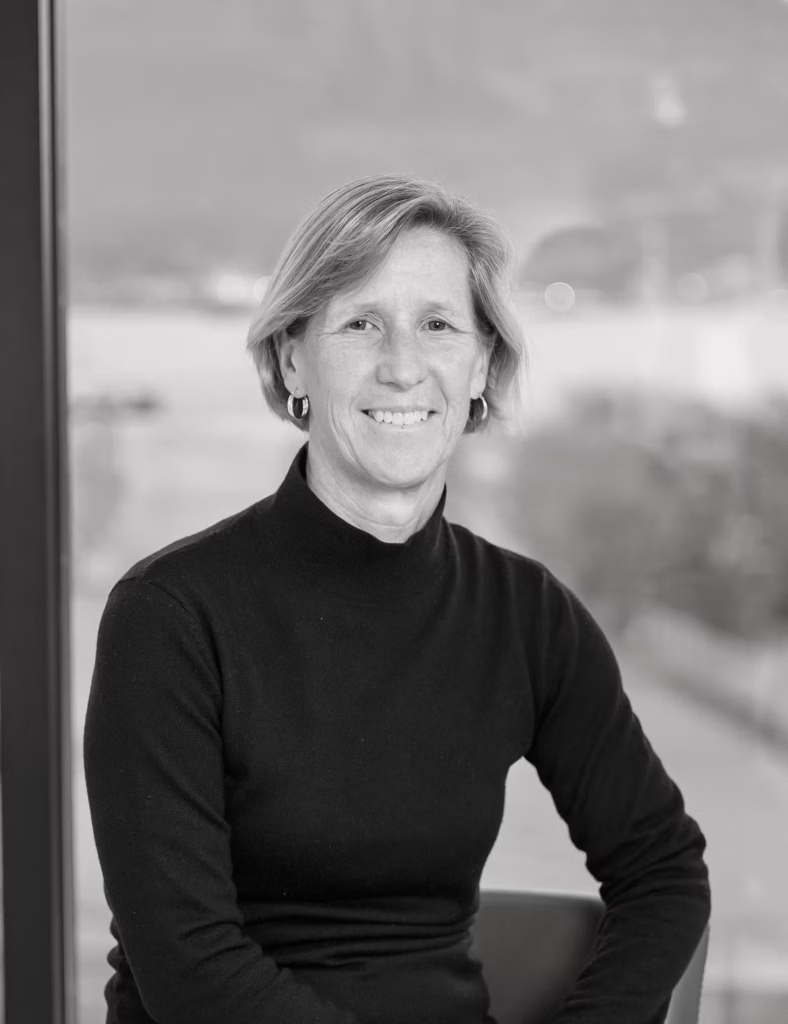 Executive Director, SOLVE FSHD
Executive Director, SOLVE FSHDEva is a Canadian-trained scientist who has had an international career pursuing her curiosity to understand the defects of skeletal muscle in various diseases and now is passionate about finding effective therapies to treat rare neuromuscular diseases.
As the inaugural Executive Director for SOLVE FSHD, Eva will apply that passion and her insight into muscle biology and drug discovery and development to tackle the barriers and accelerate a cure for FSHD. Together with the relentless drive and support of Chip Wilson and Neil Camarta, this team will SOLVE FSHD!
Eva obtained her Ph.D. in Physiology from the University of Waterloo in Canada and completed post-doctoral training at the University of Sydney, Australia and UT Southwestern Medical Center in Dallas, focusing on the role of intracellular calcium in muscle fatigue, transcriptional regulation of muscle fiber type determination and muscle plasticity.
Eva’s career has spanned the academic and pharmaceutical industries, with previous positions at Pfizer, the University of Maryland, MyoTherapeutics, Cytokinetics and NMD Pharma. While at Pfizer Eva shifted her career from academic research focusing on cellular and molecular mechanisms of muscle function to the discovery and development of muscle-targeted therapies. Her career has increasingly focused on targeting the underlying skeletal muscle pathologies in rare neuromuscular diseases, including muscular dystrophy, amyotrophic lateral sclerosis (ALS) and spinal muscular atrophy (SMA). Eva has also been a team leader in late-stage drug discovery to early phase clinical development programs across a span of therapeutic areas including neuromuscular and cardiovascular diseases, obesity, diabetes and osteoporosis. Over the past five years she has led the nonclinical development of numerous drug candidates in clinical trials for ALS, SMA, myasthenia gravis and hypertrophic cardiomyopathy. Eva has led or contributed to ten programs moving from a novel research idea to first in human clinical trials, focusing on translational pharmacology and safety to support IND and CTA filings. Ten of these molecules have safely been tested in Phase 1 and four have reached Phase 2 proof of concept milestones. Eva has over 50 peer-reviewed publications and more than 100 conference abstracts and presentations focusing on skeletal muscle fatigue and disease mechanisms for metabolic disease, aging and neuromuscular diseases.
-
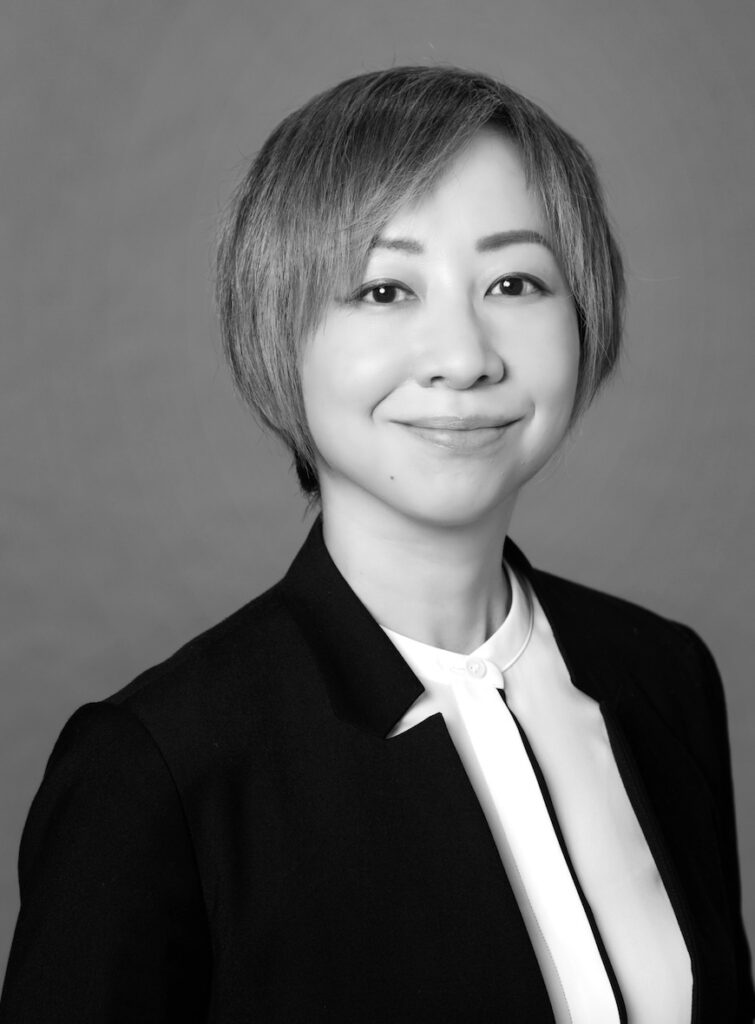 Vice President, Business Development & Partnerships, SOLVE FSHD
Vice President, Business Development & Partnerships, SOLVE FSHDKaren is a biomedical scientist and entrepreneur with 20 years of experience in scientific research, biotechnology commercialization, and business development. She has a Ph.D. in Medical Genetics and post-doctoral training in Biochemistry from the University of British Columbia, and a broad scientific background spanning molecular biology, personalized medicine, genomics, molecular diagnostics and drug discovery. She has published over 30 research articles, book chapters, and patents, and currently holds an Adjunct Professorship in the UBC Department of Pathology and Laboratory Medicine. Karen’s business leadership in the health and biotechnology arenas include notable roles such as Chief Business Officer of a non-profit biomarker development organization, Leader of Innovation and Business Development at Vancouver Coastal Health Authority, and co-founder and CEO of a pioneering health technology start-up for veterinary medicine. With a proven track record across non-profit, industry, healthcare, and academic spheres, Karen has leveraged her scientific and business expertise to foster cross-sectoral partnerships, tackle problems, and deliver tangible impact in health innovation.
-
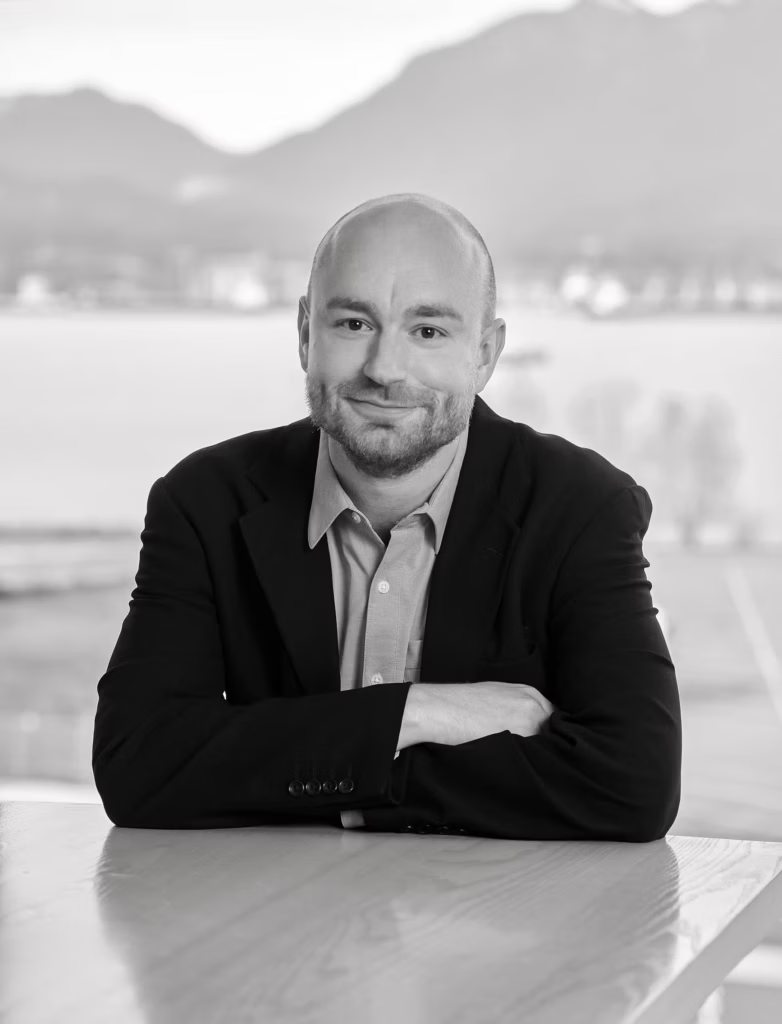 Richard HansonAssociate Director, SOLVE FSHD Grants Program
Richard HansonAssociate Director, SOLVE FSHD Grants ProgramRichard is an experienced grants manager, having led grants teams in the not-for-profit and higher education sectors in the UK.
Richard completed a Bachelor’s degree in Politics before eventually moving to London, UK, to start a career in the charity sector. He began working at The Royal British Legion in 2014 and became Grants Manager in 2016, overseeing a significant period of development in the charity’s grant-giving to other organizations. He then supervised teams in research grants administration at King’s College London and Queen Mary, University of London before moving to Vancouver in 2021.
Richard joined SOLVE FSHD inspired by its ambitious target for 2027 and aims to bring his skills and experience in grants processes and research management to help make a treatment a reality.
Board of Directors
Strategic Leadership for Advancing FSHD Solutions
Our Board of Directors brings diverse expertise in research, biotech, and patient advocacy. Their strategic oversight ensures SOLVE FSHD stays focused on impactful initiatives that push research and therapeutic development forward.
-
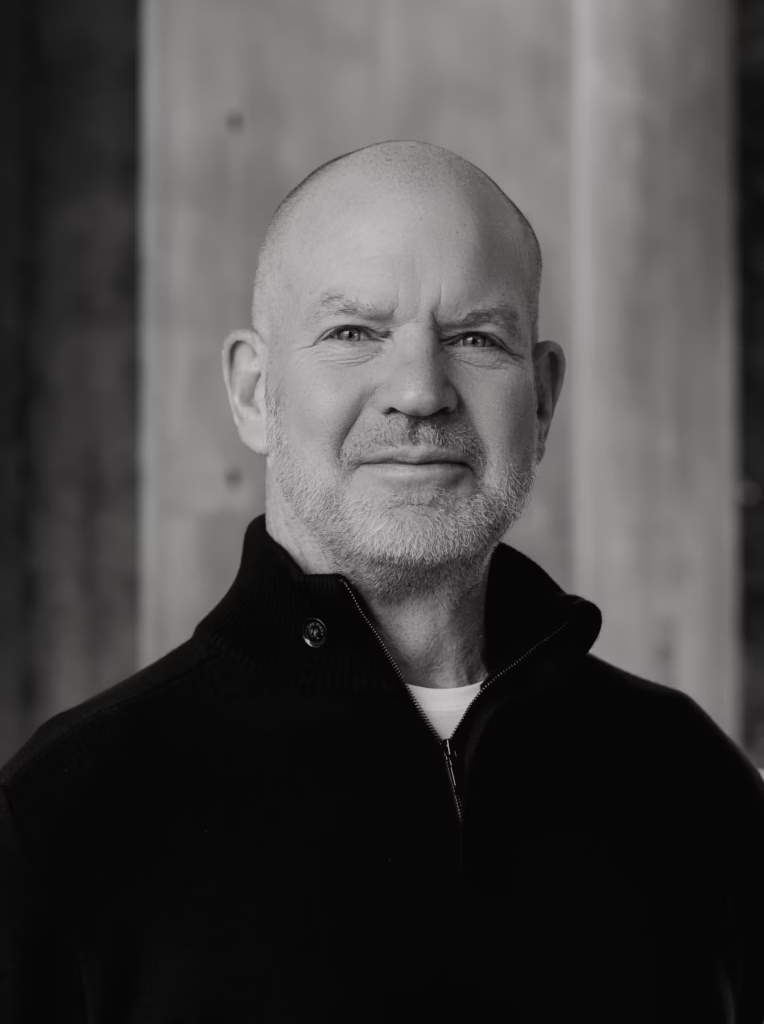 Founder & Chairman of the Board, SOLVE FSHD
Founder & Chairman of the Board, SOLVE FSHDChip Wilson is a serial entrepreneur, philanthropist and dedicated father to five sons. His vision is to create possibilities for people to live longer, healthier, more fun lives, and to elevate the world from mediocrity to greatness.
His career in the apparel industry began in 1979 as Founder & CEO of Westbeach Snowboarding Ltd. After selling Westbeach in 1997, he founded lululemon athletica inc. in 1998, creating an entirely new category of technical apparel called “athleisure” – now a $400 billion global industry.
Through his family office, Chip focuses his interests on apparel, real estate, private equity, passive investments and philanthropy through the Wilson 5 Foundation. The Wilson family’s passion for design led to the creation of the internationally recognized KPU Wilson School of Design in 2018.
In 2019, the Wilsons partnered with Anta Sports to buy Amer Sports, which includes brands such as Arc’teryx, Salomon, and Wilson Sporting Goods. Chip currently sits on Amer’s board of directors.
In 2025 he released the third edition of his business memoir, “lululemon and the Future of Technical Apparel.”
Chip is steadfast in his pursuit to cure Facioscapulohumeral Muscular Dystrophy. He is on the board of Facio Therapies and has begun his latest big 2021 project, SOLVE FSHD, to find a cure for FSHD by 2027.
To learn more about Chip Wilson, visit www.chipwilson.com.
-
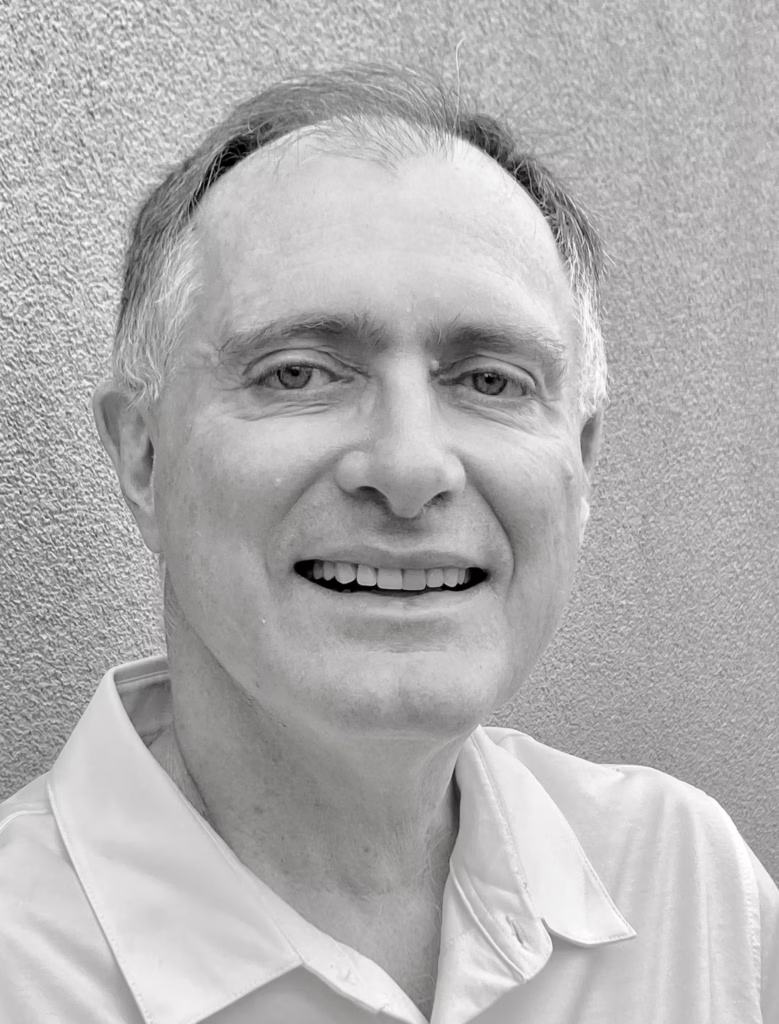 Board Member and Co-Founder, SOLVE FSHD
Board Member and Co-Founder, SOLVE FSHDNeil is a chemical engineer and a member of the Canadian Academy of Engineering.
Neil joined Shell Canada Ltd in 1975 and led the development and delivery of world-class energy projects in Canada and abroad. Neil retired from Shell in 2005 and joined Petro-Canada as Senior Vice President Oil Sands. Following the merger with Suncor in 2009, Neil took over the position of Executive Vice-President, Natural Gas for Suncor Energy Inc.
Neil is currently a director of Western Hydrogen and Enlighten Innovations, two cleantech start-ups he founded which are focused on commercializing green fuel technologies and grid-scale battery systems. He previously served on the boards of Mindfuel, Enmax and the Alberta Shock Trauma Air Rescue Society (STARS).
Neil is dedicated to finding a cure for FSHD, a rare form of muscular dystrophy which afflicts Neil and his family. He co-founded the FSHD Canada Foundation and is the chairman of FACIO Therapies, a biotech company working on a cure for FSHD.
-
 Board Member, SOLVE FSHD
Board Member, SOLVE FSHDJason is the current President of Hold it All, where he manages the family office for Chip and Summer Wilson. His responsibilities encompass overseeing the family’s investments, tax, legal, accounting, family governance, communications, and the Wilson 5 Foundation. He currently participates on the boards of Stonebridge Companies, Inc., Low Tide Properties, Inc. and Solve FSHD. With over 15 years of experience in the family office sector, Jason previously held the position of President and Chief Investment Officer at Copford Capital Management, LLC, a prominent single-family office based in Denver. Prior to earning his MBA from the University of Virginia, he accumulated five years of experience in investment banking and private equity. Jason graduated magna cum laude graduate from Texas Christian University, holding a BBA in Finance and Accounting.
-
 Board Member, SOLVE FSHD
Board Member, SOLVE FSHDEric Schmidt is a Senior Research Analyst at Cantor Fitzgerald covering the Biotechnology Industry. He joined the firm in September 2023 from Allogene Therapeutics, Inc. (Nasdaq: ALLO), where he served as Chief Financial Officer and was responsible for all Finance, Accounting, Corporate Development, and Pre-Commercial activities. Prior to joining Allogene, Eric covered the biotechnology industry as a Senior Research Analyst for over 20 years. He was the top-rated analyst at Cowen and Company for many years, and his work has been recognized in polls conducted by Alpha Magazine, Institutional Investor, Reuters, and The Wall Street Journal. Eric has also served on the board of directors for Allogene Overland BioPharm, Notch Therapeutics, Relmada Therapeutics, and Revolution Medicines. Eric obtained a Bachelor of Arts in Chemistry from the University of Pennsylvania and a Ph.D. in Biology from the Massachusetts Institute of Technology, where he serves on the Visiting Committee for the Department of Biology.
-
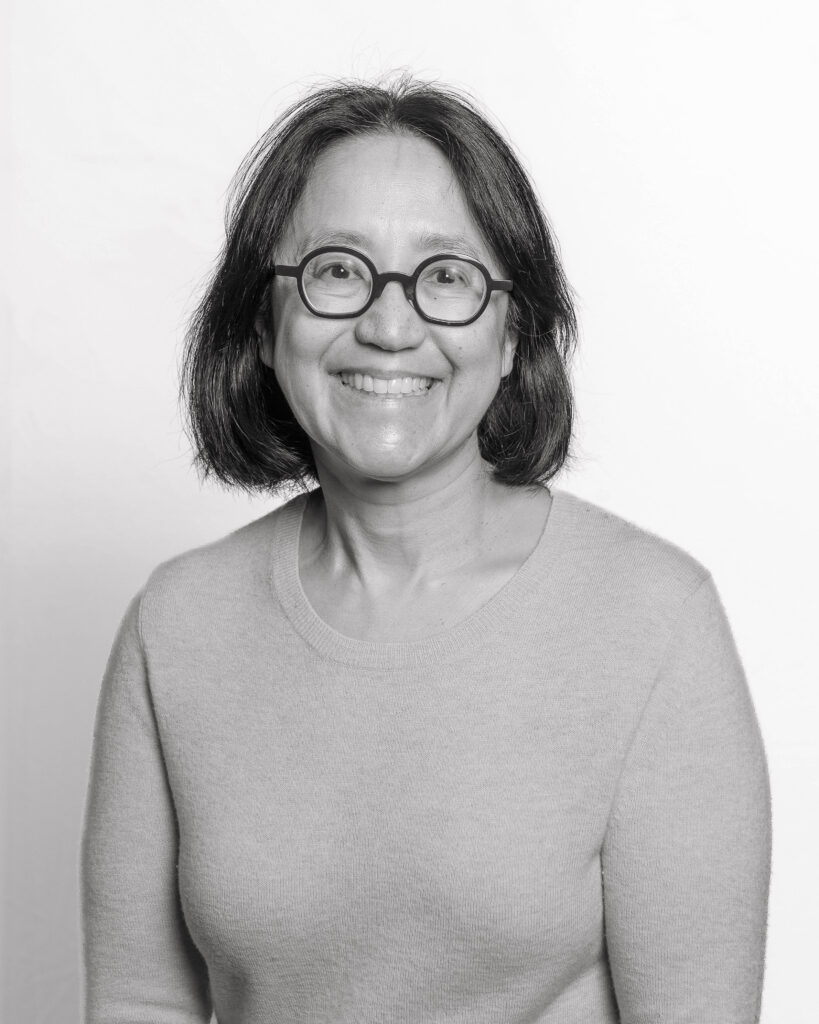 Board Member, SOLVE FSHD
Board Member, SOLVE FSHDKaren is the CEO of the Spinal Muscular Atrophy Foundation with 40 years of research experience working on the therapeutics development for neurological disorders and has over 50 scientific publications. Karen joined the SMA Foundation from Roche Palo Alto where she was Director of Neurosciences. Prior to Roche she was Director of Pharmacology at Elan Pharmaceuticals. Her post-doctoral training was obtained at Genentech. Karen holds an A.B. from Harvard University and obtained her Ph.D. in Neurosciences from UCSD working with Fred (Rusty) Gage. Karen currently serves on the Board of Directors of SOLVE FSHD and the Bluefield Project to Cure Frontotemporal Dementia, and previously served on the National Institute of Neurological Disorders and Stroke (NINDS) National Advisory Council and on the Board of Directors for the N-Lorem Foundation. She is also the Chief Executive Officer and Cofounder of Imago Pharmaceuticals and served on the Board of Directors of Nitrome Biosciences.
Scientific Advisory Board
Pioneers in FSHD Research and Therapy Development
Our Scientific Advisory Board is composed of leading experts in FSHD research and treatment. Their guidance helps SOLVE FSHD identify and fund the most promising scientific advancements for developing new therapies.
-
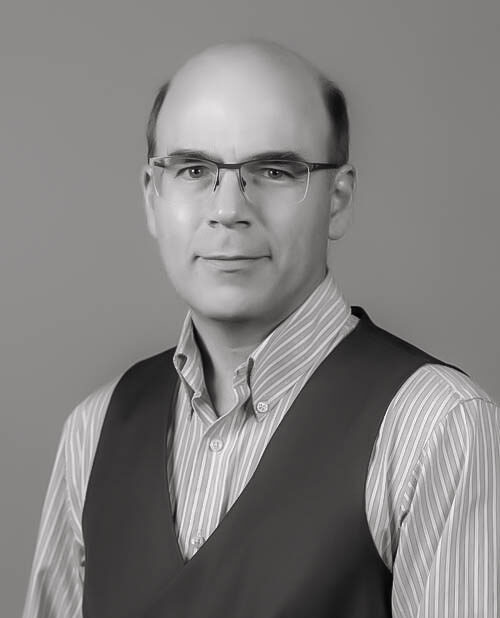 Member, Scientific Advisory Board
Member, Scientific Advisory BoardMichael completed his Ph.D. at UBC, Vancouver and postdoctoral research at MIT focused on embryonic stem cells as a model system for genetic correction and therapeutics for hematopoietic disorders. As a faculty member at UT Southwestern Medical Center in Dallas he developed systems for conditional gene targeting and expression and models to identify and transplant skeletal muscle stem cells. There he demonstrated that low level expression of DUX4 contributed to the pathophysiology in FSHD, impairing myoblast differentiation, and that high level expression caused myoblast cell death. He also developed the first satellite cell fluorescent reporter mouse. In 2008 Michael moved to the University of Minnesota where he holds the title of Carrie Ramey CCRF Endowed Professor of Pediatrics. Michael’s current focus is self-renewal of tissue-specific stem cells with a current focus on pathological stem cell self-renewal in the context of degenerative diseases and cancer. He has a particular interest in FSHD, with his group investigating molecular mechanisms underlying DUX4 function and having an active program in drug discovery around DUX4 and FSHD.
-
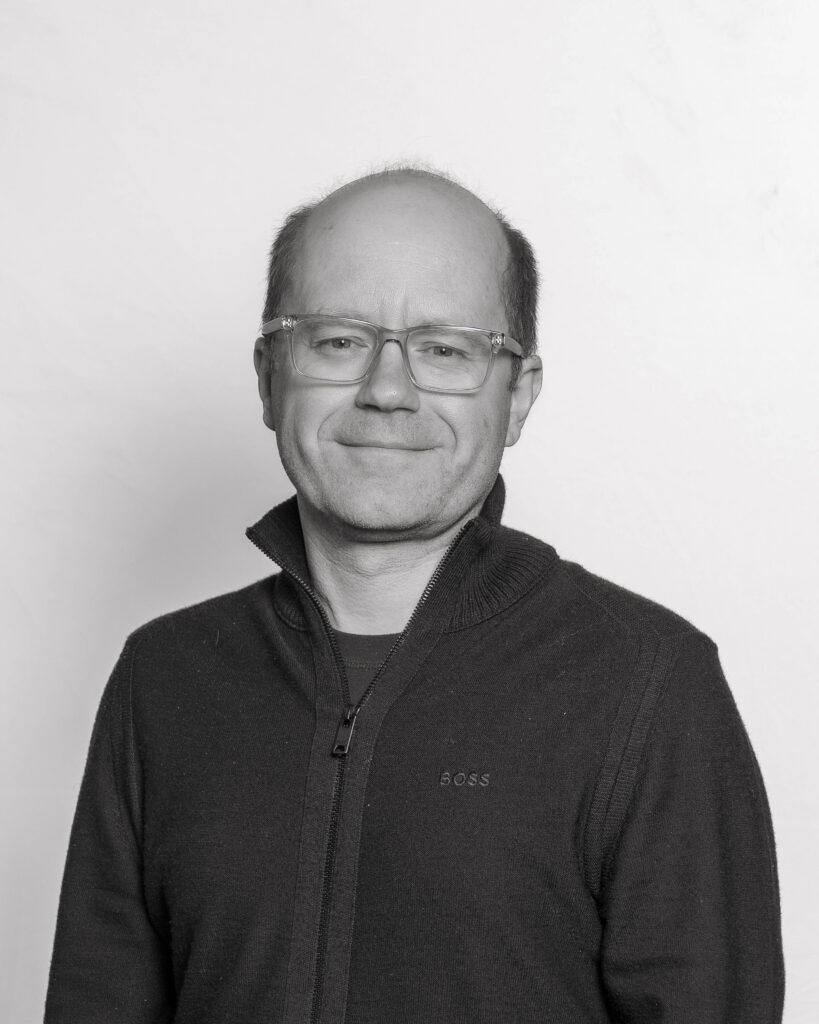 Member, Scientific Advisory Board
Member, Scientific Advisory BoardLawrence is a Neuromuscular Neurologist and former Director of the Calgary Neuromuscular Program and the Calgary ALS and Motor Neuron Disease Clinic. His team has conducted over 90 neuromuscular disease clinical trials as site and lead PI. He is the National Principal Investigator of the Canadian Neuromuscular Disease Registry that now includes 48 participating clinics and over the past ten years has recruited over 6000 patients including those with FSHD. He is the former Chair of the Medical and Scientific Advisory Committee and served on the Board of Directors of Muscular Dystrophy Canada. Lawrence is the former Director of Innovation and Commercialization at the Hotchkiss Brain Institute.
-
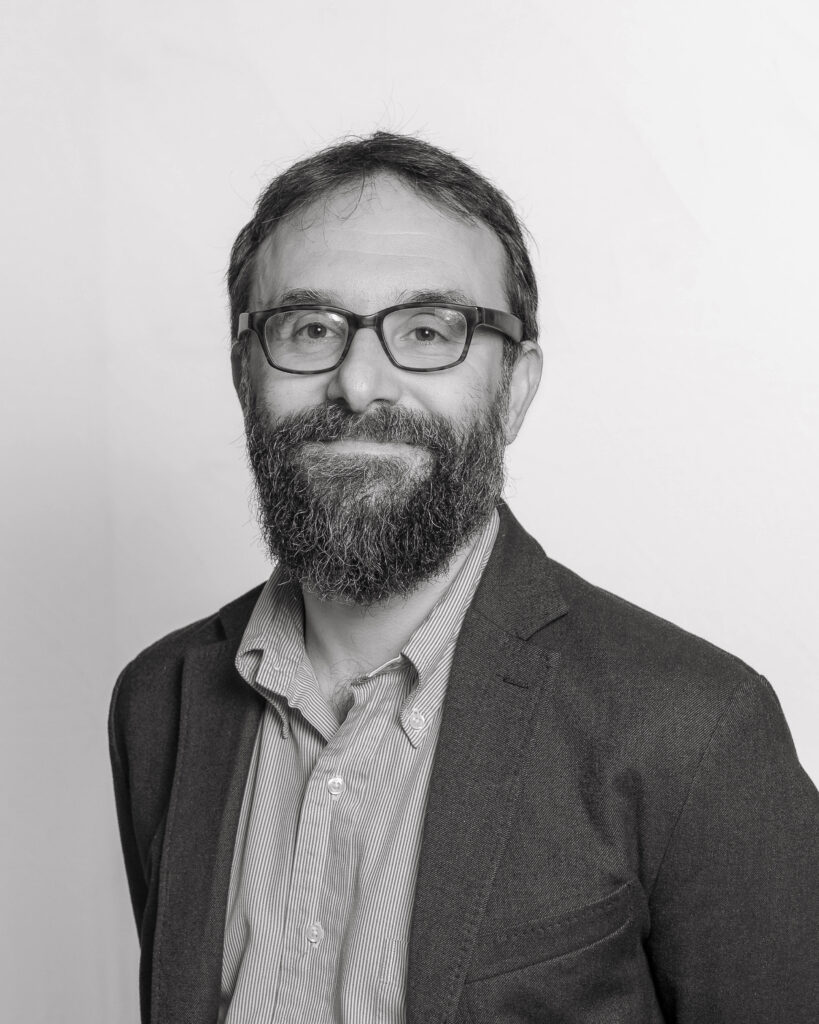 Member, Scientific Advisory Board
Member, Scientific Advisory BoardGiorgio is a Clinical Professor of Neuromuscular Science at the John Walton Muscular Dystrophy Research Centre, Newcastle University, United Kingdom, since January 2023. He received his residency in Neurology in 2011 and completed a Ph.D. in Neuroscience in 2014 at the Catholic University School of Medicine in Rome. His primary areas of research in neuromuscular disorders include muscle imaging in different adult onset myopathies and muscular dystrophies, and the study of the molecular mechanisms and biomarkers in Facioscapulohumeral muscular dystrophy (FSHD). He is co-chair of the Neuromuscular Imaging group of the Euro-NMD project (European Reference Network).
-
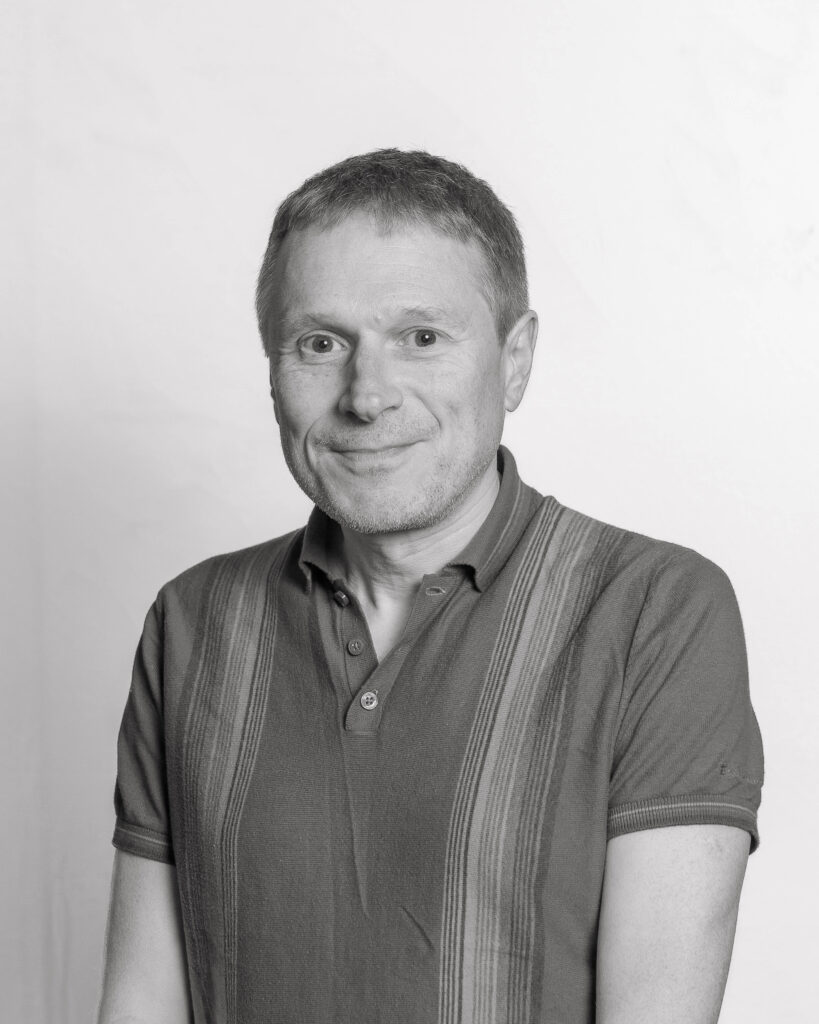 Peter ZammitMember, Scientific Advisory Board
Peter ZammitMember, Scientific Advisory BoardPete is a Professor of Cell Biology at King’s College London, where he has been since 2005. After his PhD in muscle biology at King’s College London, he worked on gene regulation/heart development with Professor Margaret Buckingham (Pasteur Institute, Paris) and then investigated muscle stem cell function with Professor Terence Partridge (Imperial College London). Pete’s research focusses on understanding muscle stem cell regulation in health and disease (ORCID:0000-0001-9562-3072). For FSHD, contributions include devising biomarkers (e.g. suppression of PAX7 target genes), quantifying muscle regeneration and defining mitochondrial/metabolic dysfunction.